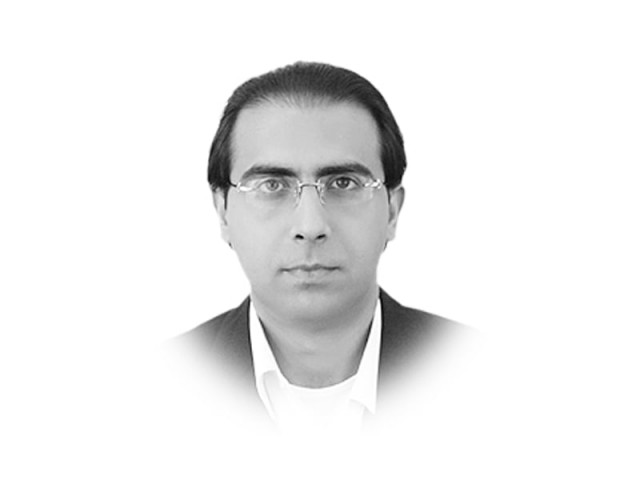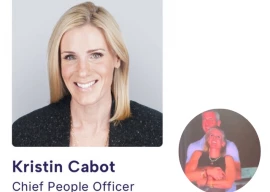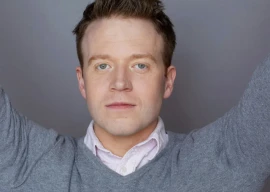
The Chaudhary court was a political establishment. Not necessarily in the partisan political party sense (although there was quite a bit of that as well) but in the larger sense of engagement and competing for power. What Justice (retd) Iftikhar Chaudhary managed to do with incredible success was, for want of a better word, sell the ‘siege/war’ mentality to the media, to the public, to the ‘intellectuals’ and perhaps, most significantly, to the Court itself. The idea that the Judiciary was under attack, that conspiracies and intrigues plague its way and hence everybody needs to stick with it, and the Court itself needed to stick together. This explains the lack of dissent. All differences are to be ironed out privately, concessions negotiated within the Court, the final product, however, was when everybody signed the dotted line, like a Cabinet, like Central Executive Committees. Opposition politics generally sells and in My Lord, the former Chief Justice, the Media found the firebrand opposition leader that was absent from the Parliament.
He transformed the office of Chief Justice into something that was, perhaps, never intended. To put it simply, the Chief Justice is like any other judge with some administrative powers. The Chief Justice has one vote like any other judge when he sits on a bench. However, Justice (retd) Chaudhary became a leader of the Court, the symbol, the face, the patron-in-chief of the Court. To the extent, that he and the Supreme Court became one. Any criticism of him became an attack on the Judiciary itself. Hence, when the allegations on the good doctor, Arsalan Iftikhar, surfaced, the entire mainstream Media and most of the opposition were quick to the defence — it was the evil government versus the Honourable institution of the Court, a Court that was their most trusted ally.
The internal dimension of all this was that the Court was in the shadow of Justice (retd) Chaudhary, and anyone who disagreed with him, had probably crossed over to the dark side. This was the first Supreme Court in full public and media view. Not many dared to disagree, perhaps, from the fear that it might come across as betrayal, although Justice (retd) Chaudhary did not leave things to chance. One discretion that the Chief Justice has is in forming benches, basically deciding which judge would hear what cases. To an outsider, there was a distinct pattern. There were a few judges who would hear an inordinate number of ‘high profile’ cases over and over again. And then there were those who would hear the less glitzy, routine stuff. Again, to a hypothetical sceptic, it might have seemed that there was an ‘inner’ cadre and ‘outer’ cadre in the court, forbidding thoughts.
Dr Faqir Husain, the pleasant gentleman who it seems had the honour of working as the longest serving Registrar in the history of humankind, the cynic might say was also the Public Relations Officer (PRO) or perhaps, Secretary Information. From making press conferences on Court orders to appearances in chat shows, Dr Faqir was the man to defend the Court, outside of the Court. He was ably assisted by powerful friends in the Media, who hardly needed any prompting to come to the rescue. The alliance was pragmatic and based on the simple principle of ‘enemy of an enemy’, etc.
My Lord, the former Chief Justice was always a politician, and now he might face the ultimate crisis of being a leader without a party. We wish him well and given his track record can be assured that he will somehow manage. However, what about the Court? It cannot be a party without a leader now. The solution lies not in having a new leader but rather in the dissolution of the party.
My Lord, Chief Justice Jillani has displayed immense equanimity and sobriety in the interesting times of the Chaudhary Court and one is hopeful that he will continue with the same. However, he has work on hand. The very deliberate politicisation of the Court in recent years will have to be undone. The parameters of the office of Chief Justice redefined. There need to be guiding principles for the formation of benches; there should be no inner and outer cadres. The suo motu needs to be regulated, perhaps a certain number of senior judges have to assent before any such notice is taken. The previous matters taken under original jurisdiction and suo motus can be revisited by a larger bench, clear criteria for what matters fall in that ambit articulated. Media monitoring rooms and the general intimacy with the Media needs to end. The good Registrar should get a farewell and the much deserved and long awaited rest. One is aware of the difficulty of the demands. This means no more headlines every day, no more being hailed as saviours, and in the most difficult move, voluntarily giving up power that one inherits. The present Chief Justice throughout his career has displayed poise and grace, and there is no reason to suspect that he will not be able to achieve all of the above and more. The Honourable Judges of the Supreme Court were completely independent during the last few years, except for one caveat, at times they were not completely independent from the Chief Justice himself, from the atmosphere he had created. As one wishes, Justice (retd) Iftikhar Chaudhary the best of luck in his future endeavours, one also optimistically hopes that the Judges Party is now over.
Published in The Express Tribune, December 15th, 2013.
Like Opinion & Editorial on Facebook, follow @ETOpEd on Twitter to receive all updates on all our daily pieces.














COMMENTS
Comments are moderated and generally will be posted if they are on-topic and not abusive.
For more information, please see our Comments FAQ